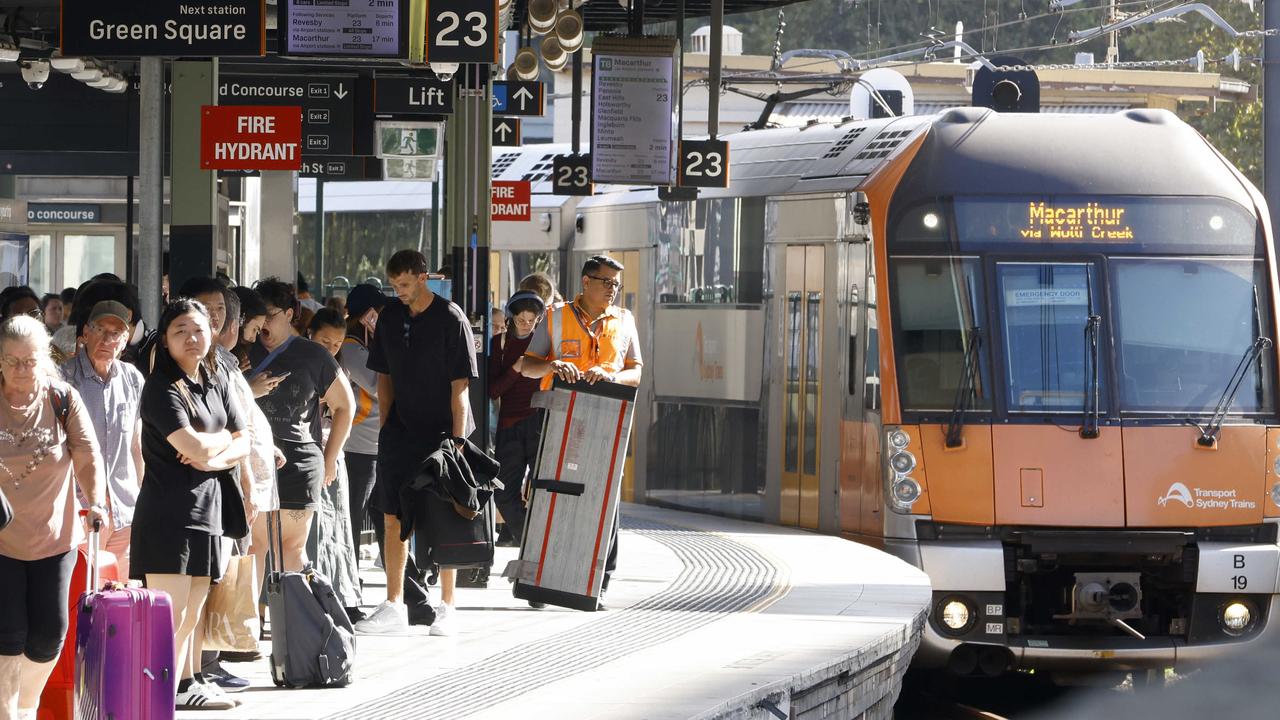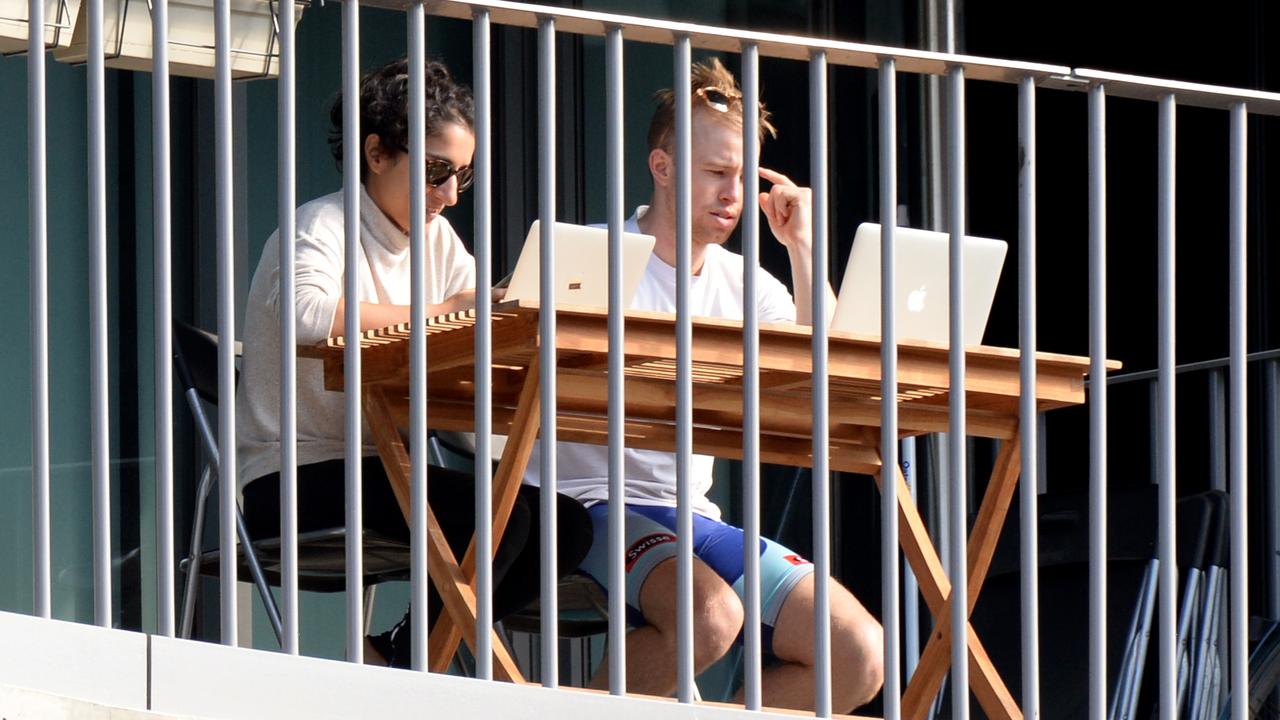One in two Australian workers have been bullied at work, new data reveals
An alarming amount of Aussie workers have reported being bullied at work, with new data revealing the most common contributors to mental ill health.

Nearly 1 in 2 workers across several industries have reported being bullied on the job, with psychological injuries forecast to make up one in three workers’ compensation claims by 2029.
New data released by the Australian Workers Union (AWU) on Tuesday, coinciding with World Mental Health Day, found 49.87 per cent of more than 1200 members said they experienced “poor workplace relationships,” which included bullying, harassment and/or discrimination, interpersonal conflict, unreasonable workplace behaviour.
A diverse range of industries were canvassed in the study, including workers in manufacturing, mining, construction, health and community services.
One AWU member, who has since left his workplace, said widespread bullying by a manager had deteriorated one worker’s mental health to the point he wrote a suicide note that mentioned the alleged perpetrator’s name.
“A supervisor and delegate had to race to his house (before anything happened),” he said, requesting anonymity due to a fear of backlash.

The worker said he and his former colleagues were subjected to “constant harassment,” and while upper management were aware, the manager was never reprimanded.
“They (the manager) would pick a person, or people they wanted to target and they were just relentless on small things.”
The bullying eventually resulted in him leaving his role.
“The main decision to get out was for my mental sanity. I was losing it,” he said.
“I hated the fact that I had to go to work on some days. I was mentally drained before I even got into the car to drive to work. You just sit down and think why am I doing this?”
The survey also found 31 per cent of respondents said they had sustained a mental health injury in the last 12 months, with the AWU projecting that a third of workplace compensation claims by the end of 2029.
Additionally, in 2020, the Committee for Economic Development of Australia’s Productivity Commission found psychological and psychosocial injury cost the Australian economy $12.2bn and $39.9bn a year.
Rotating shift work represented the most common psychosocial workplace hazard (61.74 per cent), and was followed by night shift work (15.24 per cent).
Other prominent factors which led to poor mental health among survey respondents included low recognition and reward (reported by 58.11 per cent of respondents), poor organisation justice (56.79 per cent), and poor support, including a lack of training and resources (55.48 per cent).
AWU’s national secretary Paul Farrow said the “black and white” figures on workplace bullying, harassment and exposure to conflict and inappropriate behaviour were “disturbing”.
“We know Australians spend on average 90,000 hours at work in their lifetime, that’s about 5,000 days, or 13 years in total, it’s a really big part of your life, so to see the level of unhappiness reflected in this survey is shocking,” he said.
“Last year all states in Australia brought in new laws to hold employers responsible for psychological and psychosocial hazards in the workplace, this survey is a wake up call to them to start being proactive otherwise they will feel the consequence.”



